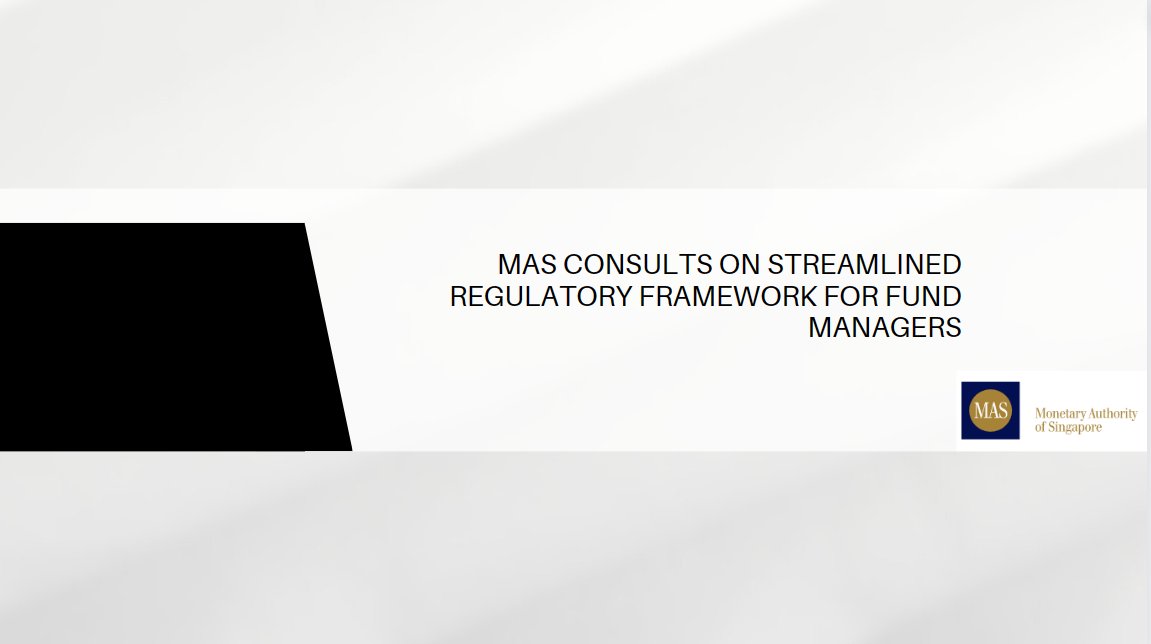HK unveils investor entry program to boost growth
China's Hong Kong Special Administrative Region (HKSAR) aims to reinforce its traditional advantages as an international financial hub and deepen cooperation with industries and firms by implementing an investor entry program for those who have invested HK$30 million ($3.83 million) or more in Hong Kong.
The HKSAR government will put in place new institutional set-ups and implement new initiatives targeted at attracting enterprises, investment and talent, John Lee, chief executive of HKSAR, said on Wednesday when delivering his second policy address to the HKSAR Legislative Council (LegCo) since taking office.
The city will implement an investor entry program for those who have invested HK$30 million ($3.83 million) or more in stocks, funds, bonds and other assets (excluding real estate) in Hong Kong. This policy will strengthen the development of Hong Kong's asset and wealth management businesses, financial services and related professional services. Details will be announced by the end of this year, Lee said.
Following the launch of the online platform for the Hong Kong Talent Engage (HKTE) last year, the government will establish the physical office of the HKTE by the end of this month, which will provide support for incoming talent and follow up with their development and needs.
The local government is also moving to roll out plans to deepen cooperation with the mainland.
It will render its full support and work with the government of Shenzhen, South China's Guangdong Province, to foster the synergistic development of the Hong Kong Park and the Shenzhen Park, the two parks of the Hetao Shenzhen-Hong Kong Science and Technology Innovation Cooperation Zone, which was promulgated in August by the central government.
Innovative measures under exploration include providing travel convenience for research personnel. That could mean enabling those who have pre-registered to have streamlined access between the two parks, and adopting technology to facilitate faster movement, such as facial recognition. It could also mean facilitating cross-boundary capital flows within the zone, and capitalizing on Hong Kong's advantages in drawing international talent to play leading roles in the work in the zone.
Song Ding, a research fellow at the China Development Institute, told the Global Times on Wednesday that Lee's second policy address, laying out the city's development direction, could well reflect the government's resolve and ambition to bolster the economy after the hit of the COVID-19 pandemic.
After the easing of COVID-19 restrictions, Hong Kong's economy has begun to recover. Growth is set to resume this year, Lee said Wednesday. The economy expanded 2.2 percent in the first half.
"Local authorities have strengthened top-level design, abandoning the idea of relying solely on the market to develop innovation and technology. Instead, they have combined a promising government with an efficient market," Song said, adding that Hong Kong has the natural and unique advantage of enjoying the strong support of the motherland and being closely connected to the world under the principle of "one country, two systems."
Bruce Pang, head of research and chief economist at JLL for greater China, told the Global Times on Wednesday that the measures to solidify the integration of Hong Kong and the mainland, and to enhance the city's competitiveness to capital and talent, will further promote and reshape Hong Kong's competitiveness.
"Hong Kong will strengthen its role as a hub that connects the world with the mainland, providing a dominant gateway to the mainland for foreign businesses and China's world-class offshore financial center," Pang said.
The vast potential of the Greater Bay Area's development also provides opportunities for governments and enterprises to advance their economic diversification agendas, deepen regional integration, boost investment and climb the ladder of innovation and value-added activity on the global stage, Pang added.




















































First, please LoginComment After ~